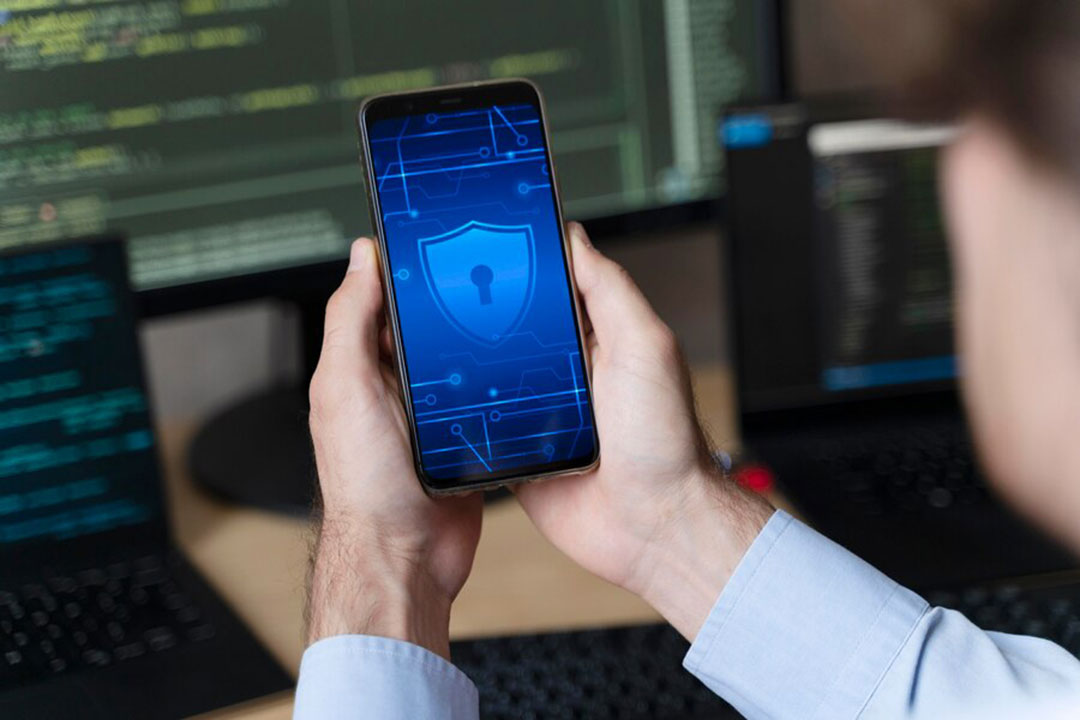Filipinos prefer preemptive anti-fraud measures when transacting on mobile apps

ABOUT 88% of Filipinos said they favor preemptive anti-fraud measures when transacting through apps over reimbursement amid rising cyberattacks, according to mobile app security company Appdome.
This was 5% higher than the global average of 84%, according to the firm’s latest 2024 Global Consumer Expectations report, which includes data from 120,000 consumer responses across 12 countries including the Philippines.
“Almost half in the Philippines (45%) experienced fraud themselves or know somebody who’s been a victim of fraud,” Appdome Mobile App Security Evangelist Jan Sysmans told BusinessWorld over a video call on July 26.
Out of the global consumers surveyed, 42.5% have been a victim of a cyberattack, mobile malware, or mobile fraud.
Additionally, 97.5% of surveyed Filipinos said they would want to share positive experiences of a brand that protects them.
“The opportunity for brands in the Philippines is to leverage better security as a differentiator in the marketplace,” he added.
It is cheaper to prevent fraud than to compensate for when fraud happens, Mr. Sysmans noted.
“If they want to shop, put stuff in their shopping cart, but don’t complete the transaction until the consumer verifies that they are indeed who they are,” he said. “So, [it’s about] taking all these steps rather than being too late and reimbursing a consumer for fraud.”
Threats have also been on the rise recently due to the advent of generative artificial intelligence (GenAI), which has lowered the barrier for threat actors to get increasingly more convincing in committing fraud, Mr. Sysmans said.
“It’s very hard for consumers to verify whether a text message, e-mail, or a pop-up window they get on their phone is indeed valid,” he said, adding that fraudsters are becoming more skilled at presenting fraudulent information to a user and tricking them into taking action.
To address this, he said e-commerce platforms in the Philippines need to start looking at AI-based platforms to protect them against GenAI-related fraud. — Aubrey Rose A. Inosante



